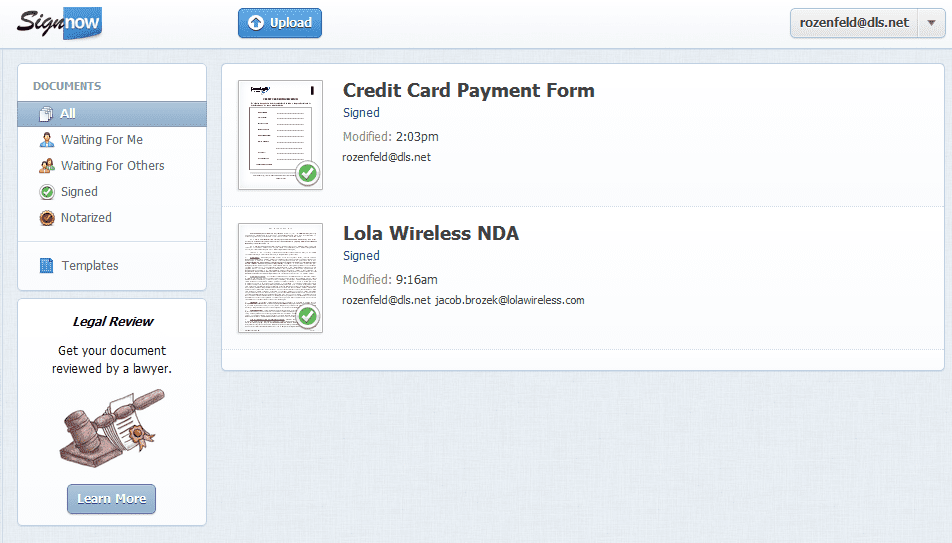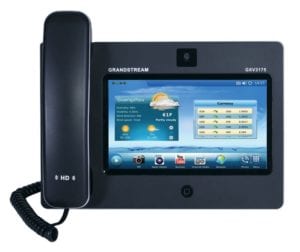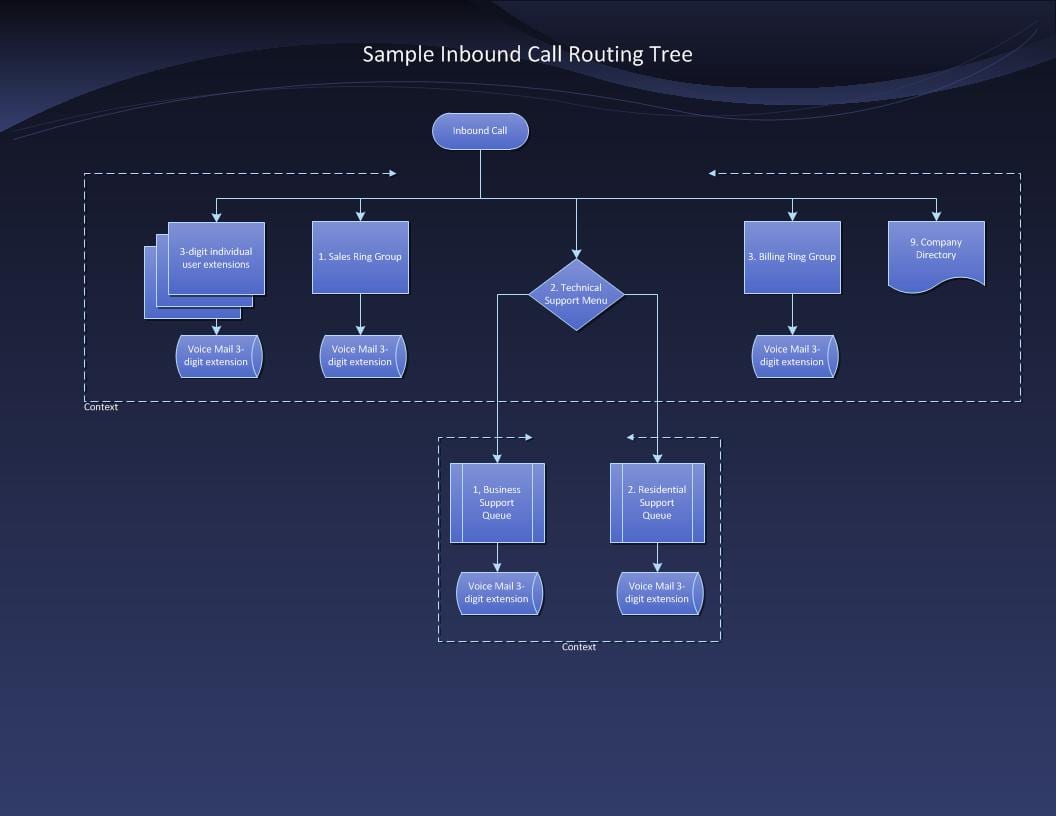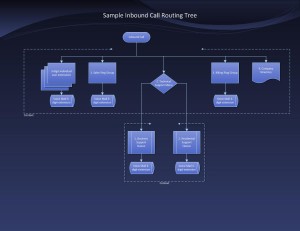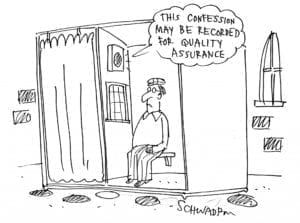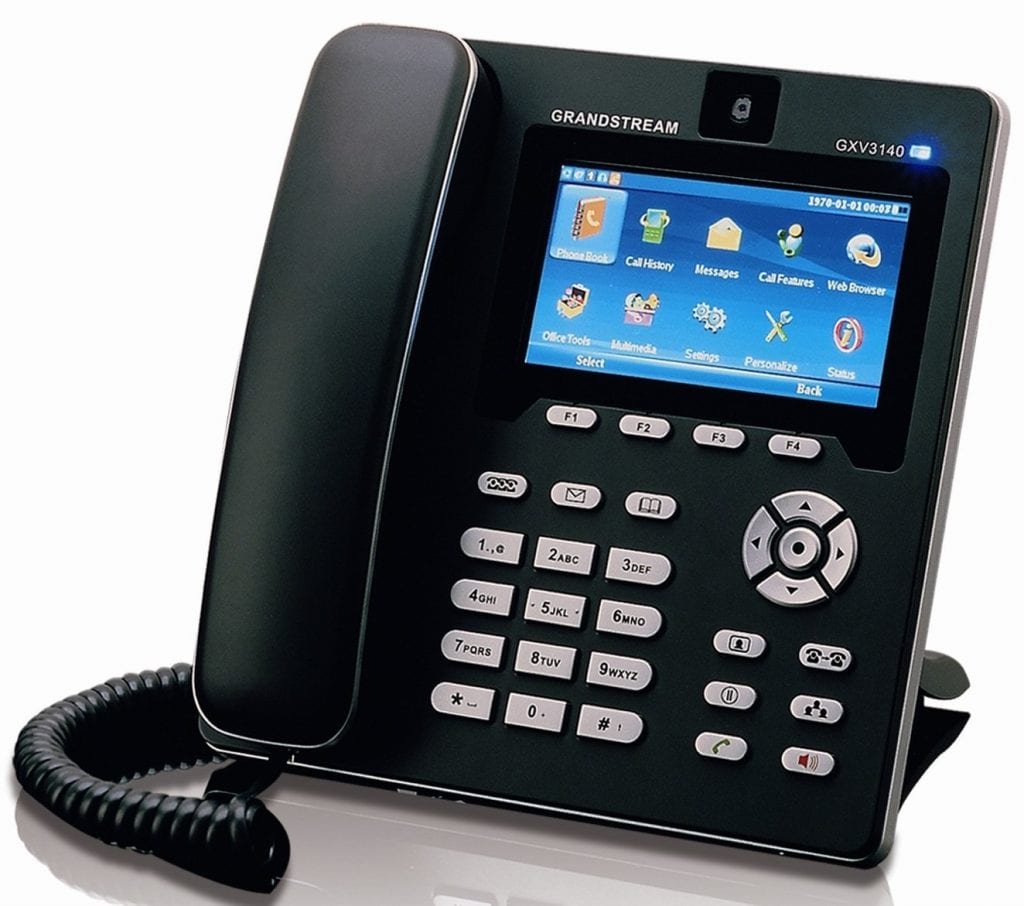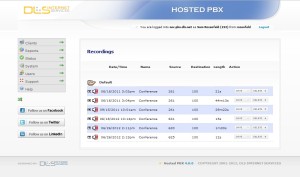Back in 1996, it was still possible for telecom companies to split their service plans into a number of different revenue streams. Telecom companies were able to say, with total specificity, how much of their revenue came in from international calls, how much of their money arrived from beeper use, how much money they had coming in from local calls, and yes, how much end-user revenue they earned from interstate communication. Telecom companies could do this because these providers tended to charge based on specific usage. Each time you wanted to communicate with someone interstate you had to pay to do so, creating a firmly defined revenue stream that was easy to track, add up, and, yes, tax for the sake of bulking up the USF.
Nice Pricing Models = New Taxation Headaches
With the massive explosion of mobile devices fewer and fewer telecom providers continue to charge their customers based on usage. At least usage that’s as specifically defined as it was back in 1996. These days pricing tends to follow the model of flat-rate pricing, which basically states “a call is a call is a call is a call.”
Local calls and interstate calls now cost the same amount of money. And that’s to say nothing of the various other simplified payment plans that really mess with the idea of the USF’s tax plan. How can you accurately tax interstate communication if it’s included within an unlimited calling plan? How much of the cost of an unlimited calling plan’s price goes towards providing interstate communication?
